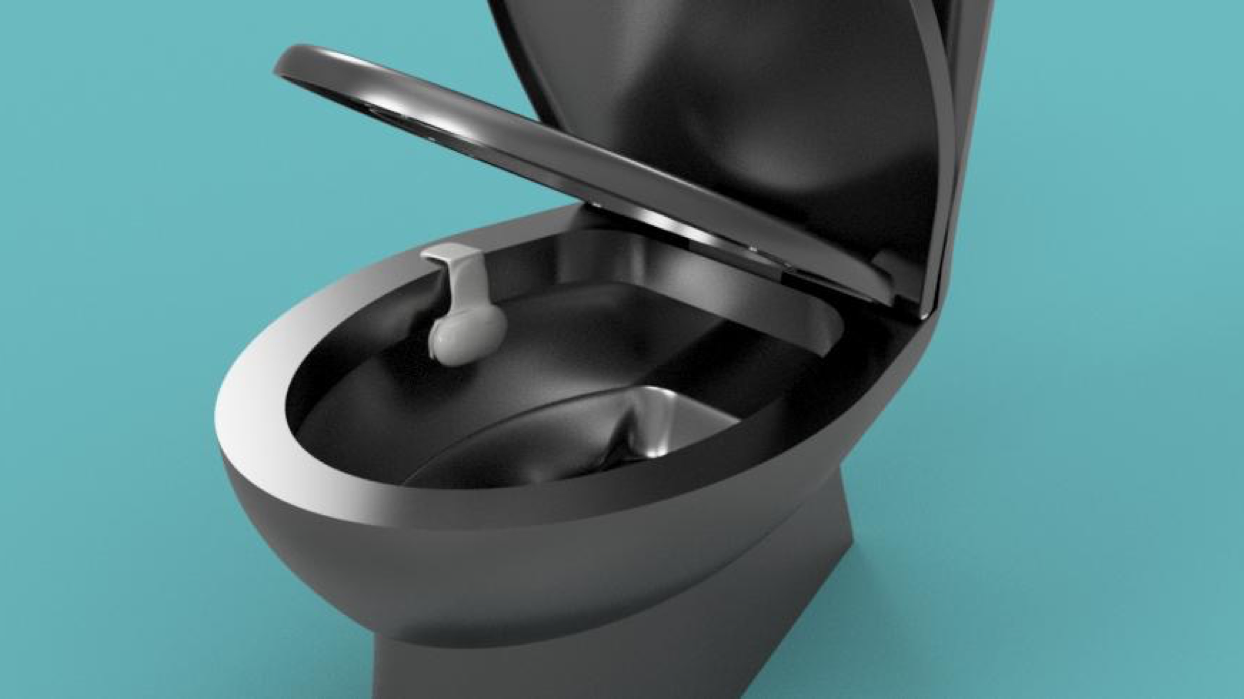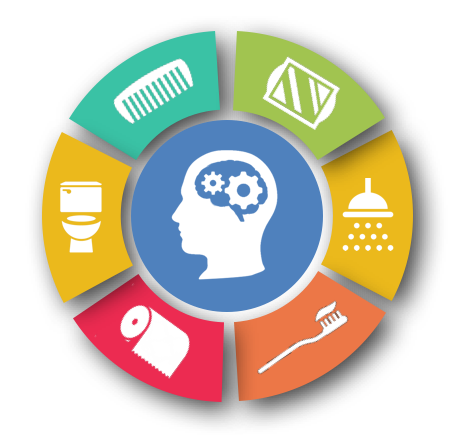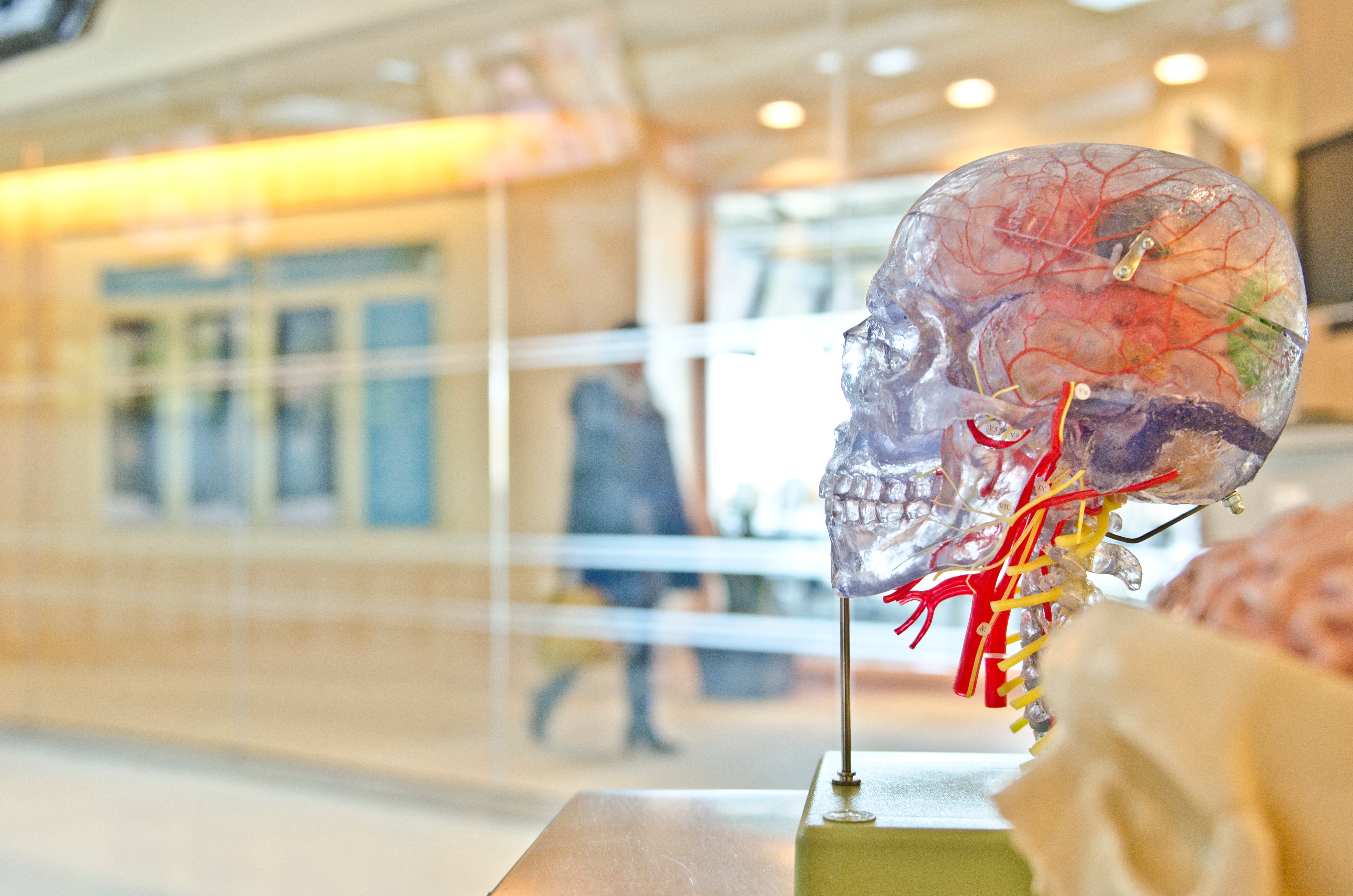Even though medicine has advanced by leaps and bounds since the dawn of humanity, the best type of healthcare is still preventive care. It is usually far cheaper than healthcare intended for disease or medical treatment, and it can help people to lead healthier lives if utilized consistently, by giving them regular insights into their body and health.
Preventive health often takes the form of screening, or checking to see if a condition is present before symptoms start to show. One of the more useful, if not surprising, methods for screening is urine and stool sampling. Urine by nature contains waste products that are filtered out of the body, while stools contain bacteria and other substances from the digestive system, making both of them ideal for screening tests, browse this site for more reliable tests in lieu with the preventive health care. Urine samples are commonly used to detect urinary tract infections and STIs, while stool samples are useful for detecting things like gastroenteritis and Crohn’s disease. Despite their usefulness, these tests often require visits to the doctor, and aren’t very accessible outside the hospital.
Clinicai is working to change that. The California-based company has been researching ways to use intelligent toilet sensor devices to scan stool and urine in homes, without the need for self-collection, and has also recently developed a sensing method for detecting colorectal cancer. I spoke with Chun-Hao Huang, Ph.D., co-founder and CEO of Clinicai, to learn more about it’s roots, it’s unique technology, and it’s future potential.

In the Photo: Clinicai’s intelligent toilet device. Photo Credit: Clinicai.
What was the original inspiration behind Clinicai?
I have been a cancer biologist and bioengineer for more than 10 years. The problem in the disease field is late detection. However, the main challenge is people only go to the doctor when they feel really sick, so most of the time the disease is already at a late stage when detected. Therefore, since 2014 I started to think about how we can solve this problem, and met my cofounders Medina, Juan Carlos, and “Mr. Toilet” Jack Sim at Singularity University in 2016 to create the solution. How Steve Jobs and Apple “merge technology with humanity” is a true inspiration for me. They brought computers and smart phones to our daily life so perfectly and changed the way we live. Therefore, Clinicai’s mission is to merge biotechnology with humanity, and our vision is to create a future where predictive healthcare is comfortably accessible to everyone.
In addition, the way Elon Musk and Tesla use cars as a platform to solve energy problems, as well as their master plan for providing scalable/affordable products is another inspiration for me. We use bathrooms as a platform to solve health problems, and our goal is to provide a scalable/affordable device which allows everyone to monitor their health.
Clinicai relies on a system of sensors to monitor health, could you talk more about that and give an example of how they would work in a real-life setting?
Phase one of our master plan, or what we are currently building, is an intelligent toilet sensor device that can identify different users in a family and scan stool and urine, meaning the users themselves don’t need to collect their own stool and urine. After that we will expand to other devices in the bathroom, like mirrors, toothbrushes, shower heads, etc. You would just need to do what you normally do in the bathroom everyday, and this network of sensors would continuously monitor your health.

In the Photo: Clinicai’s intelligent platform. Photo Credit: Clinicai
Clinicai is also working on developing AI systems, what role do you see those systems having in the future?
We are currently developing machine learning algorithms to identify unique features from the sensor signals to detect colorectal cancer. In the future, I envision that our AI can be personalized, create your health signal pattern and identify any abnormal signals.
It appears that Clinicai’s technology could have a wide range of applications in many different settings, what do you intend your target market to be initially?
The first market we plan to target is the individual user at home. After that we will target the public sector, to allow hospitals to track diseases in a region or population in order to monitor public health.
What does the future of Clinicai look like in your eyes?
I envision that Clinicai will become the global health monitoring platform, and ultimately extend a healthier lifespan for humanity.










